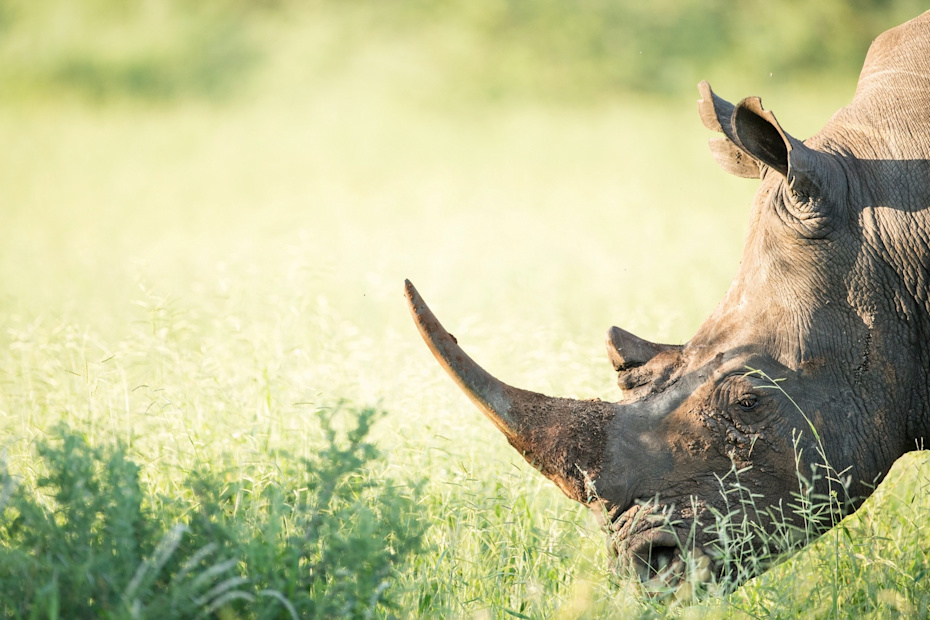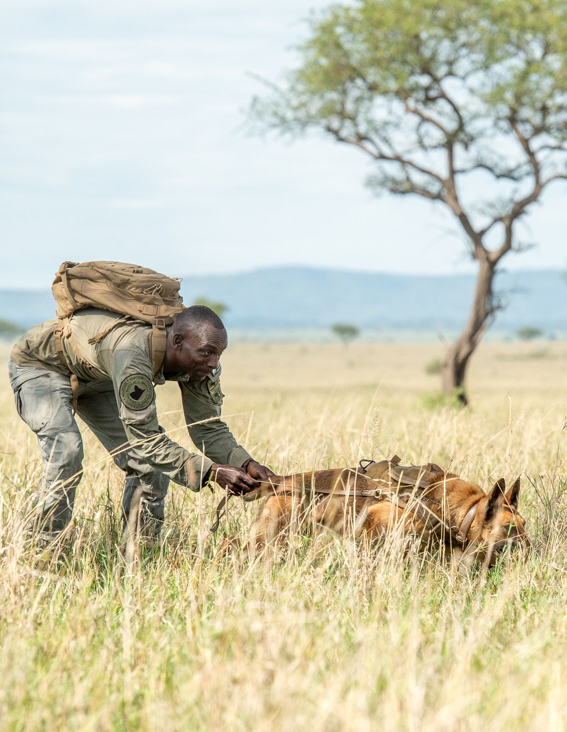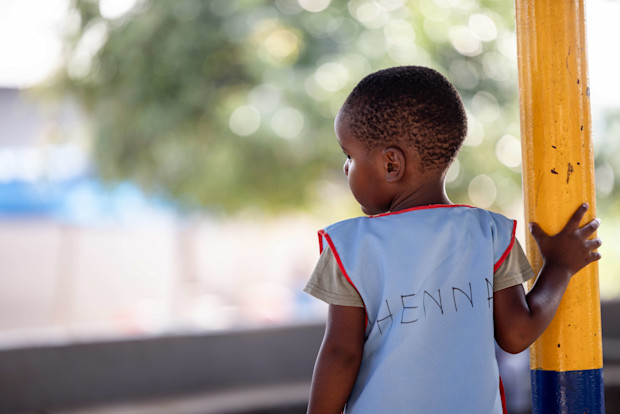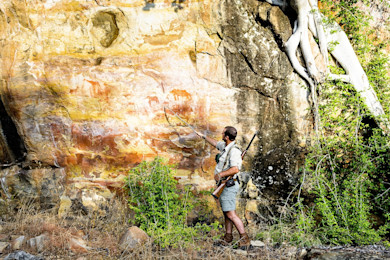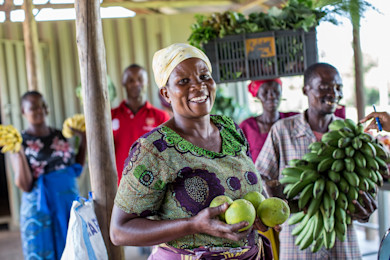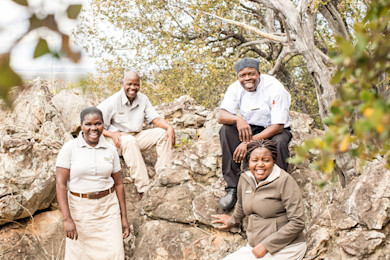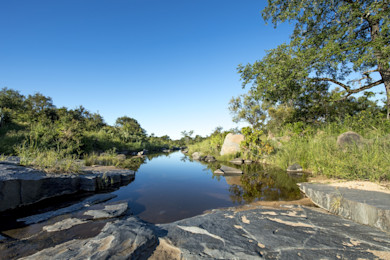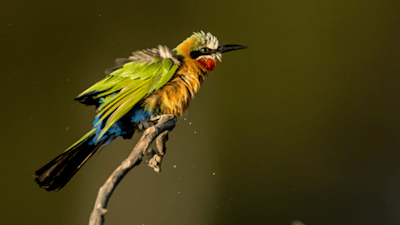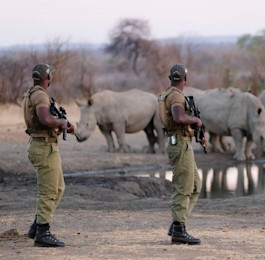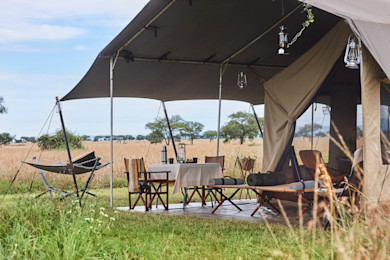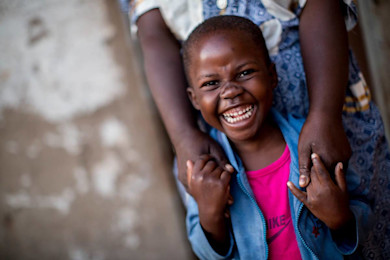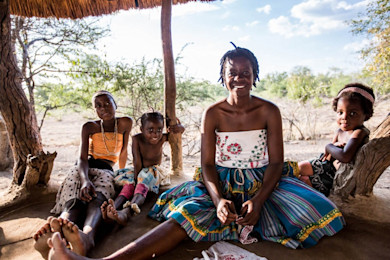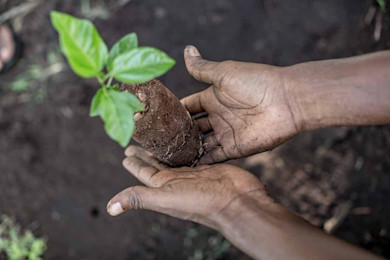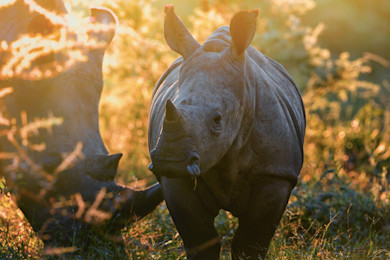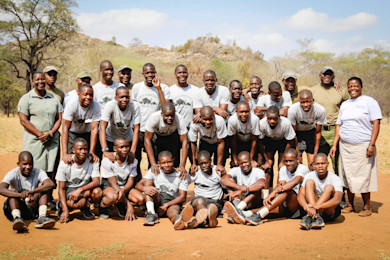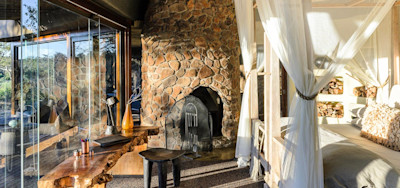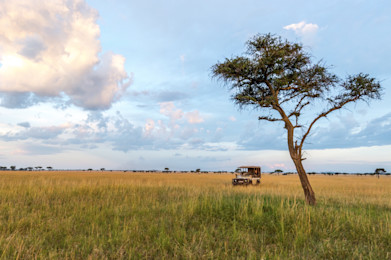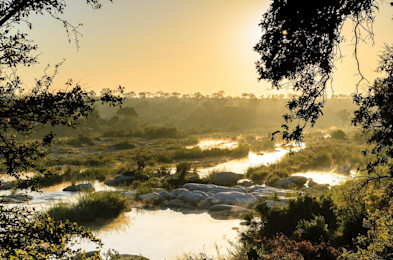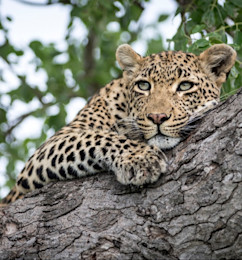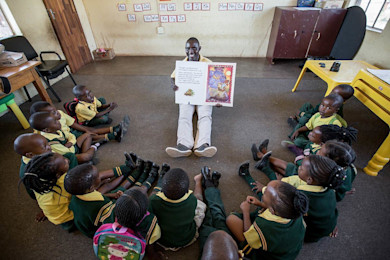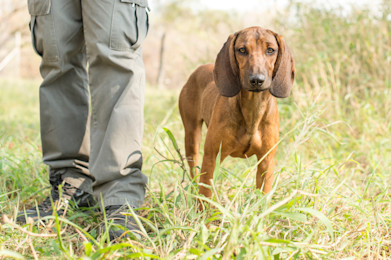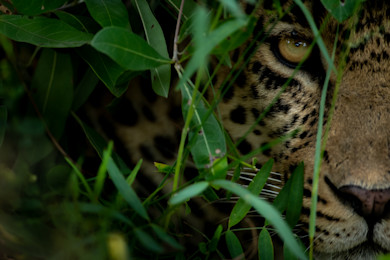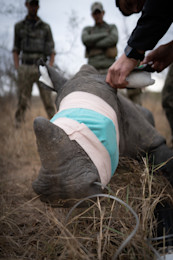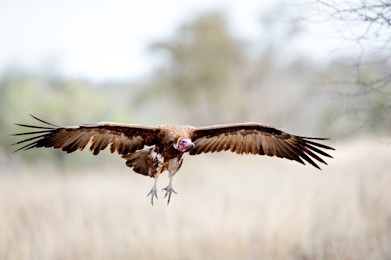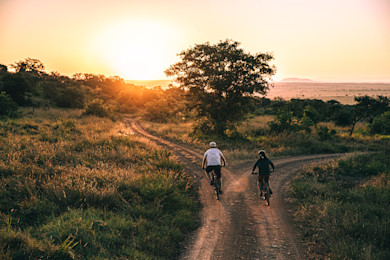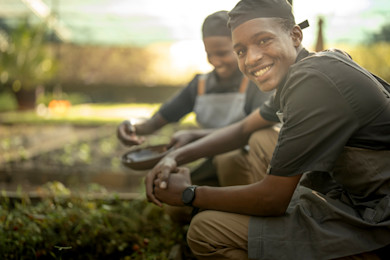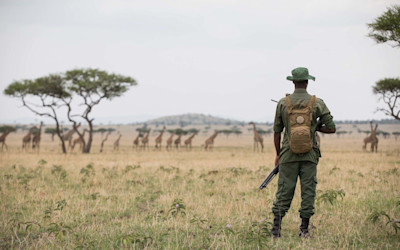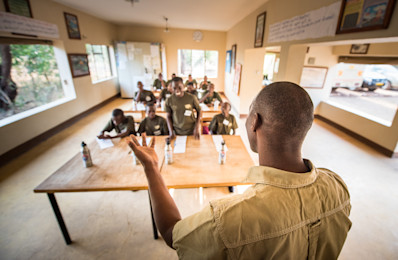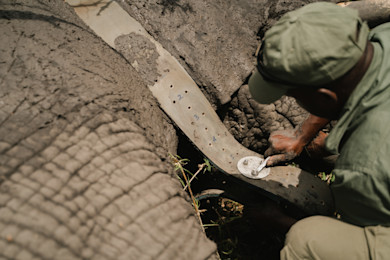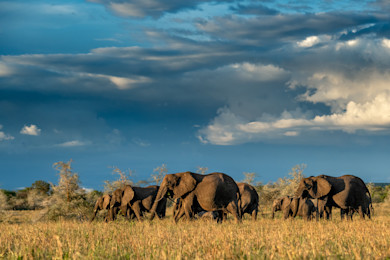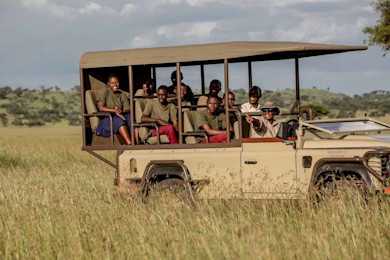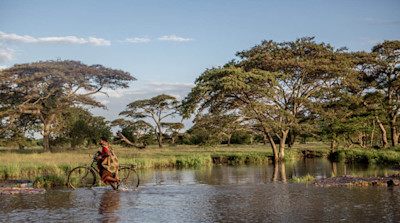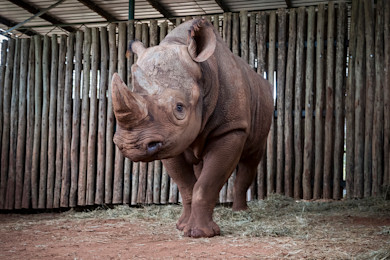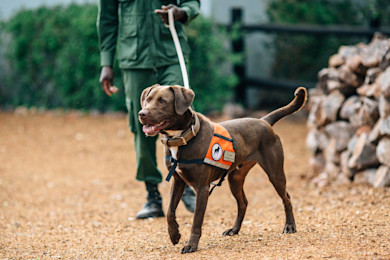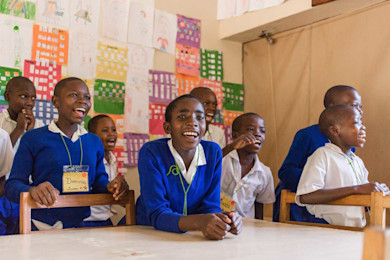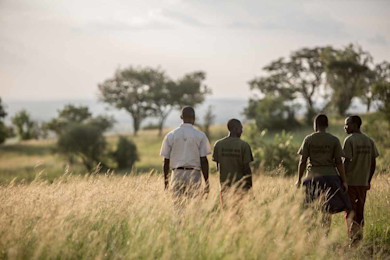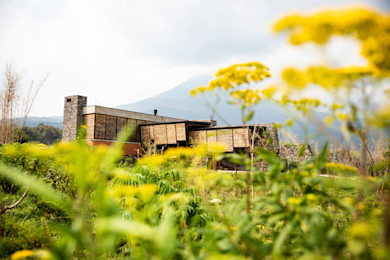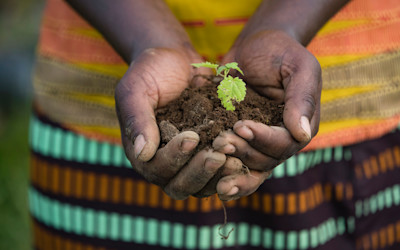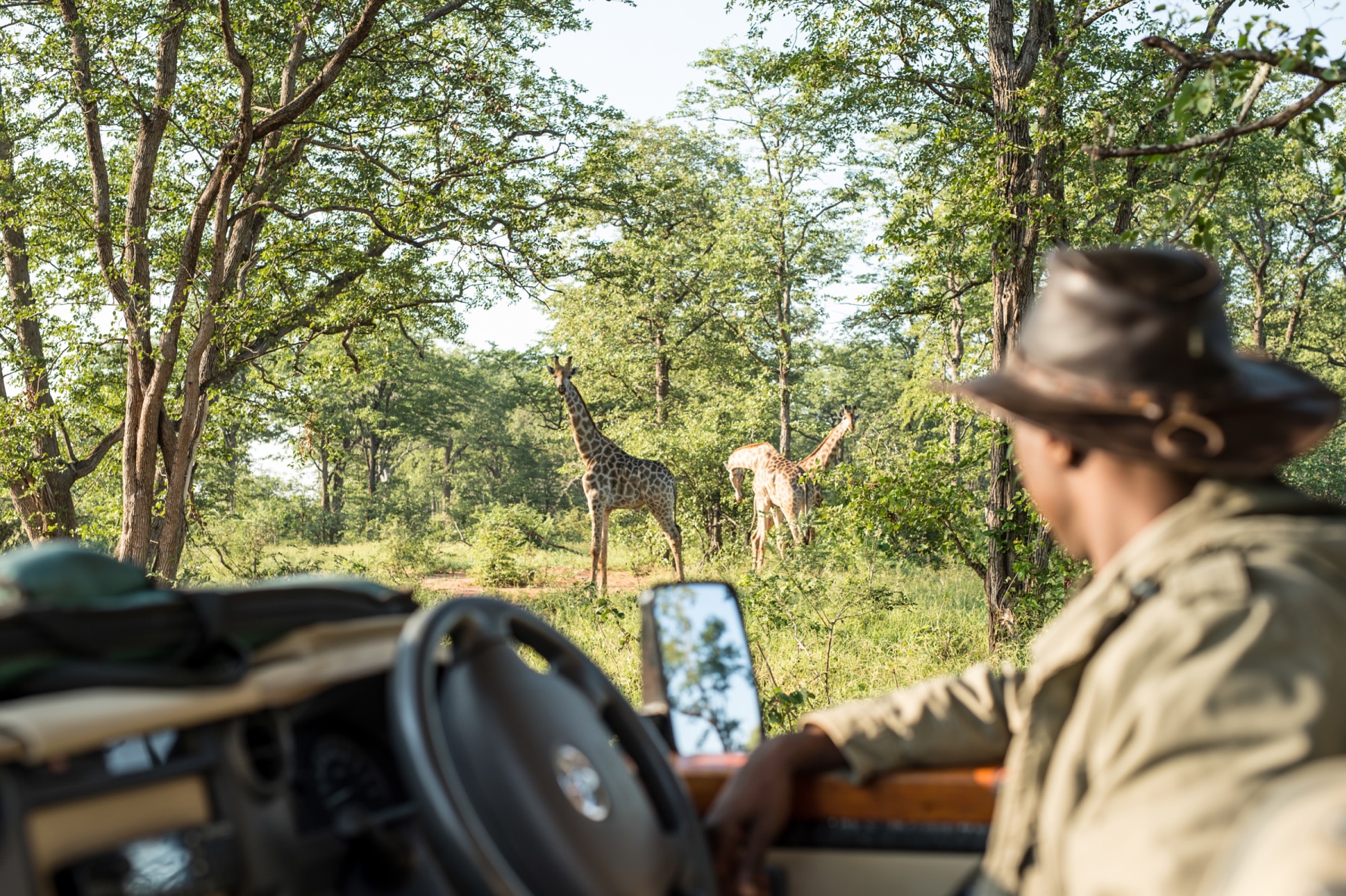
Conservation at Singita
At Singita, conservation is our passion and purpose
Aiming to create a lasting legacy for the continent by ensuring that Africa’s natural beauty and abundance will not only survive, but also flourish and thrive, the Singita Conservation Foundation was established. Through the Foundation, we are inviting purpose-driven individuals who share Singita’s vision to join our journey as we work towards a sustainable future for Africa’s precious species, their fragile habitats, as well as vulnerable communities through long-term conservation projects that make a meaningful impact.
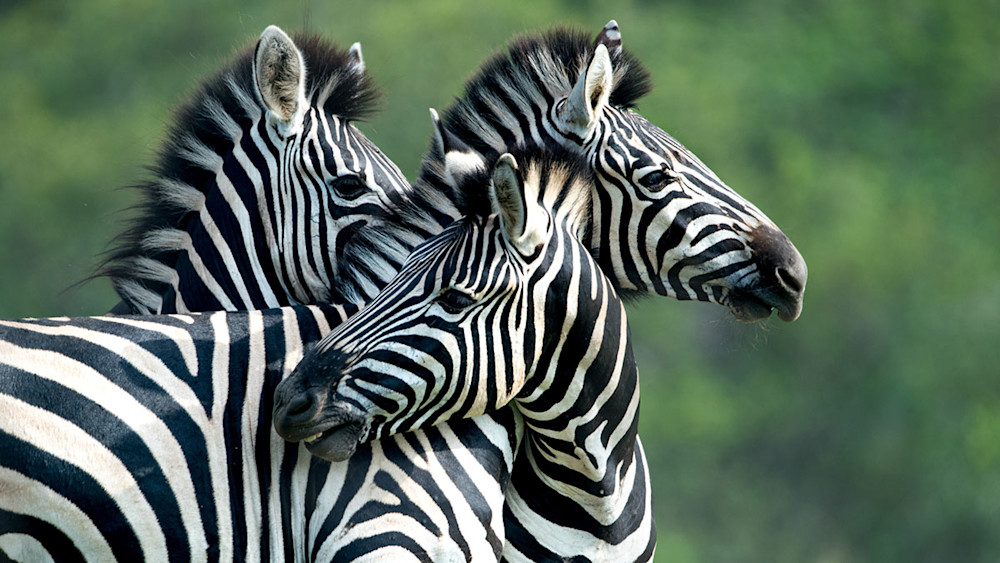
Working toward a sustainable future
Rampant biodiversity loss driven by mankind’s unsustainable production and consumption patterns has led to the planet losing nature faster than it can be restored.
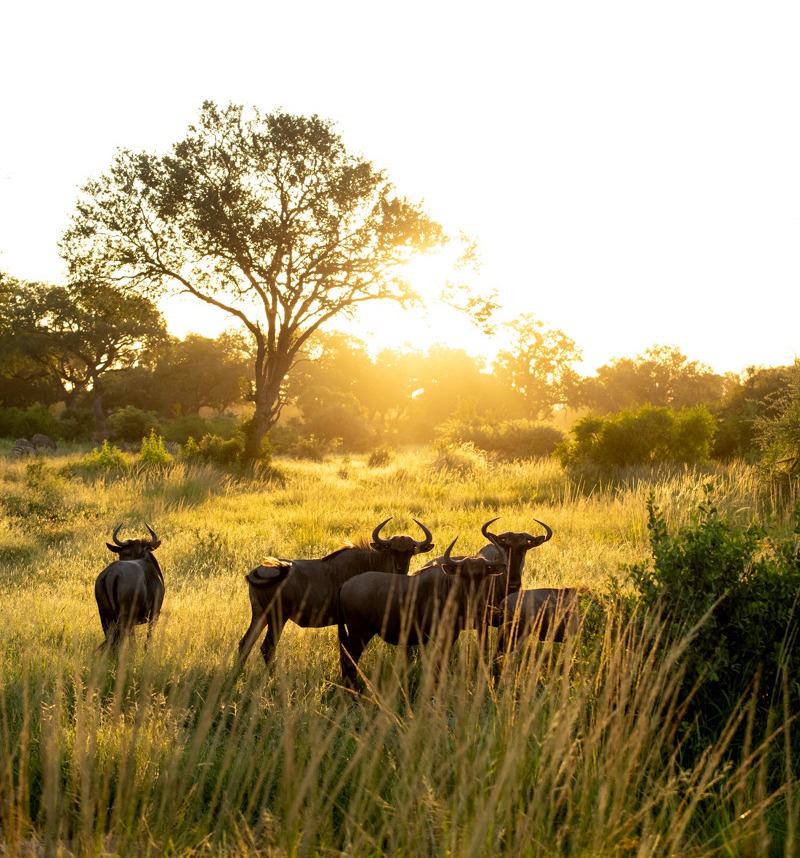
The heart of our conservation model
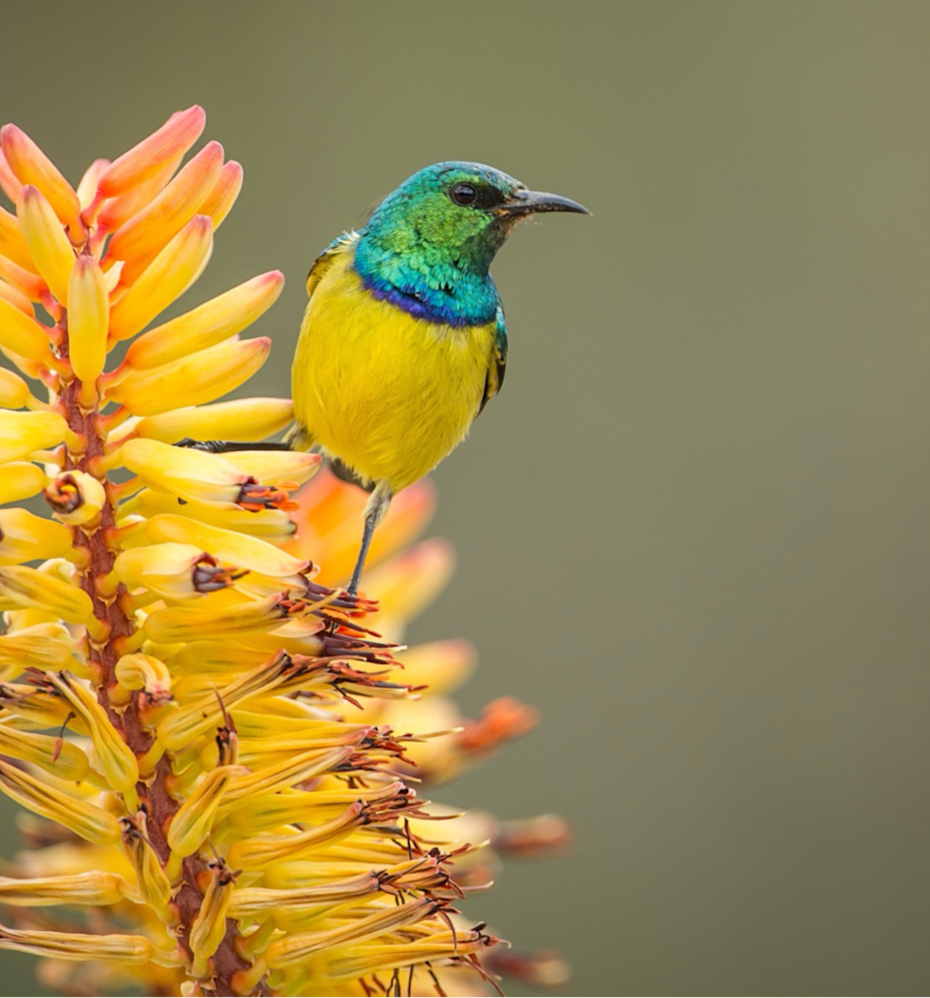

Our conservation focus areas
Fulfilling our conservation promise
Managed and functioning independently from Singita, our non-profit Funds & Trusts employ some of the best conservation experts on the continent. They drive strategic and critical initiatives that fulfil Singita’s commitment to biodiversity, sustainability and community partnerships.
Our Conservation Partners
As we continuously work towards achieving our 100-year purpose – the guiding light for all key decisions in each of our operations – it has become clear that strategic partnerships are essential to Singita’s conservation vision for the continent. Partnering with non-profit Funds & Trusts in each of our regions, we work alongside them to achieve our conservation goals. Over the past three decades, this has included successfully implementing various reintroduction and restoration programmes, as well as a wide range of community development partnerships that make a tangible difference in the lives of people living in and around our lodges and camps.
Grumeti Fund
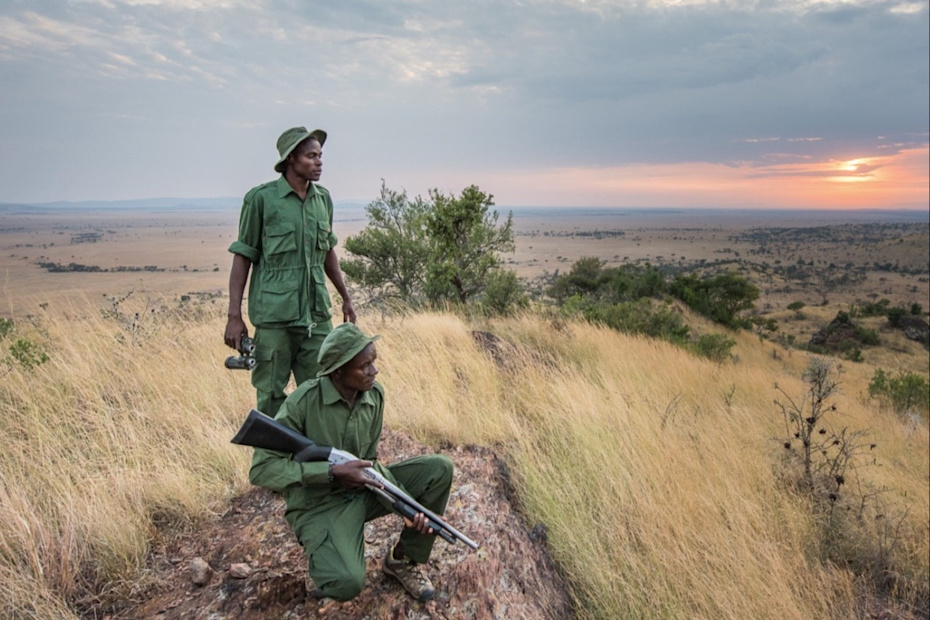
Singita Lowveld Trust
As we strive for the restoration and regeneration of our rich wilderness landscape, we can’t do this without the support and in collaboration of our communities. Together we're committed to ensuring that people living alongside wilderness areas not only benefit from tourism and conservation jobs but also experience lasting socio-economic growth.
Download the SLT brochure to find out more about their programmes.

Malilangwe Trust
